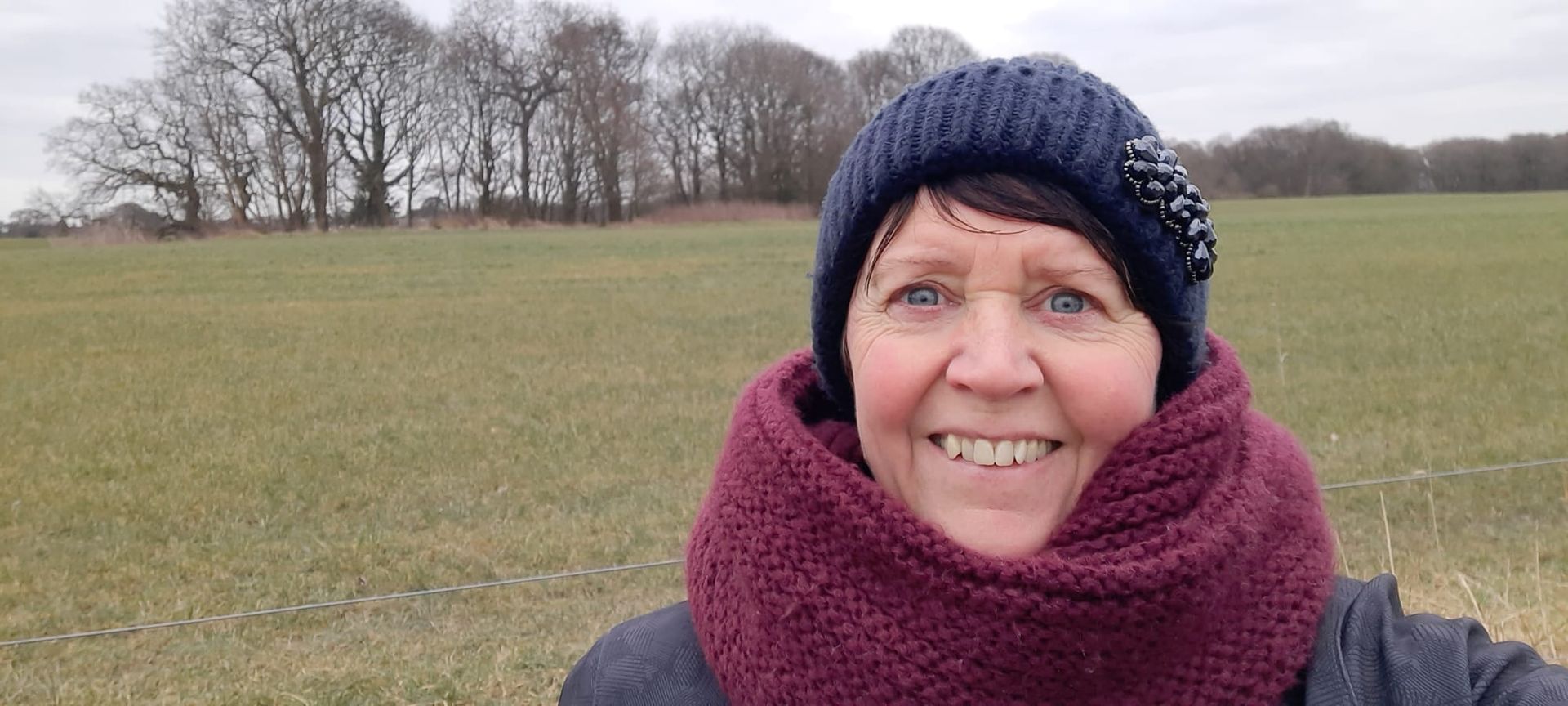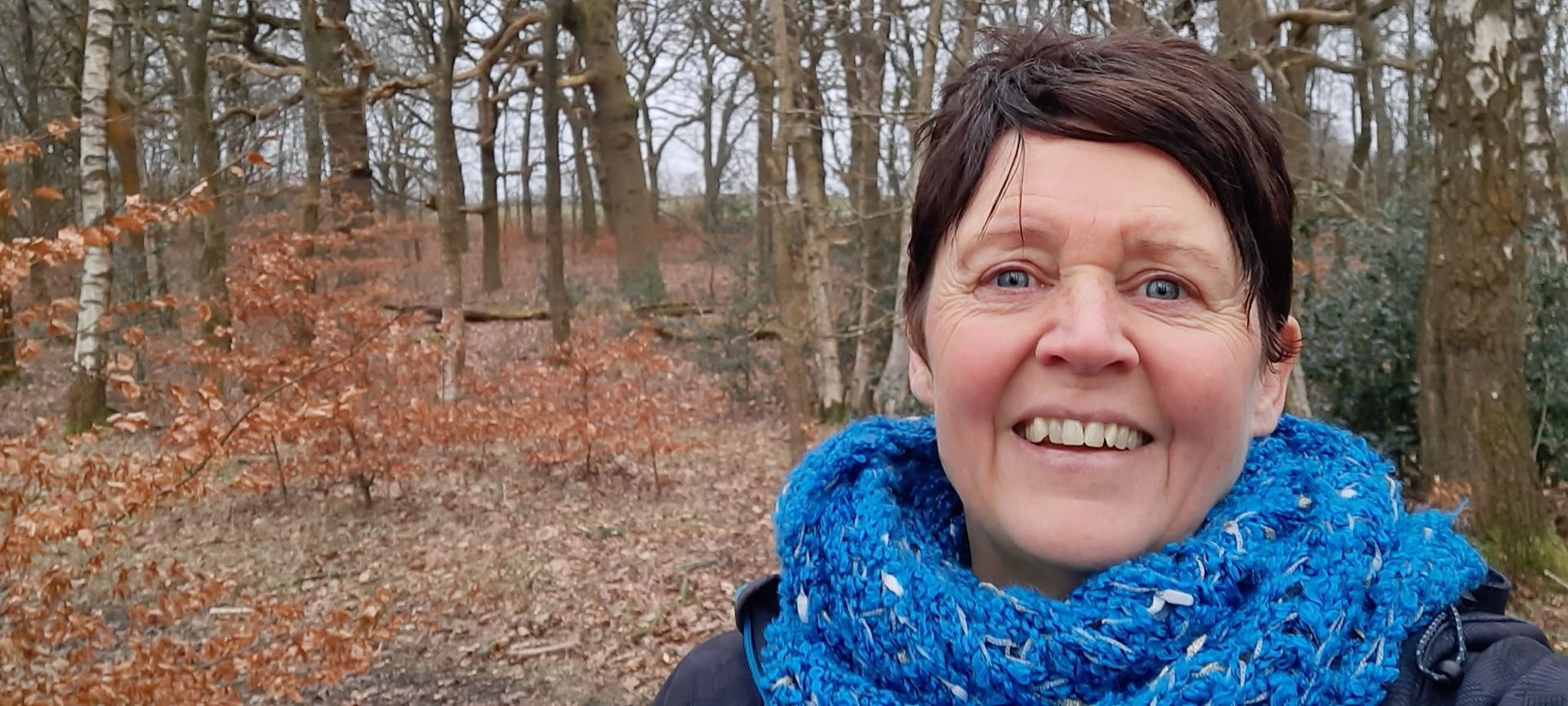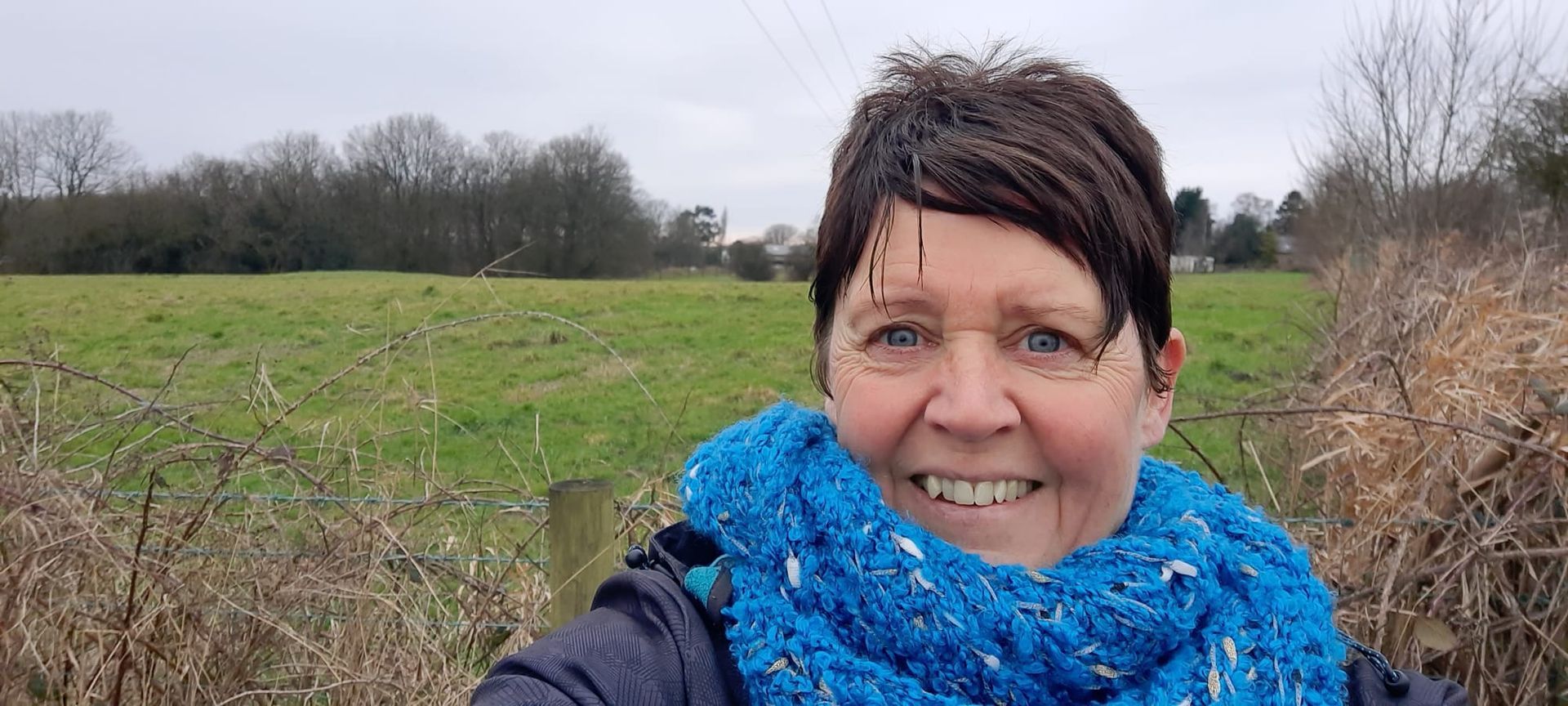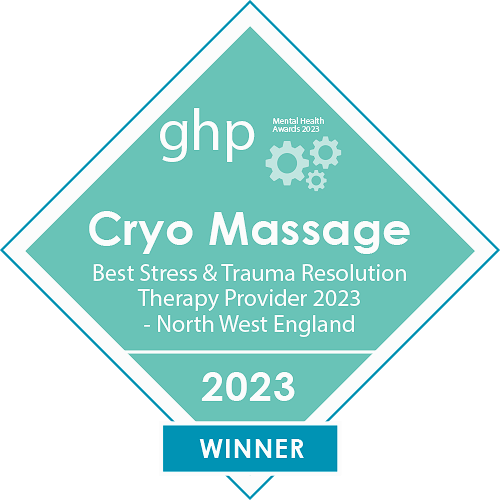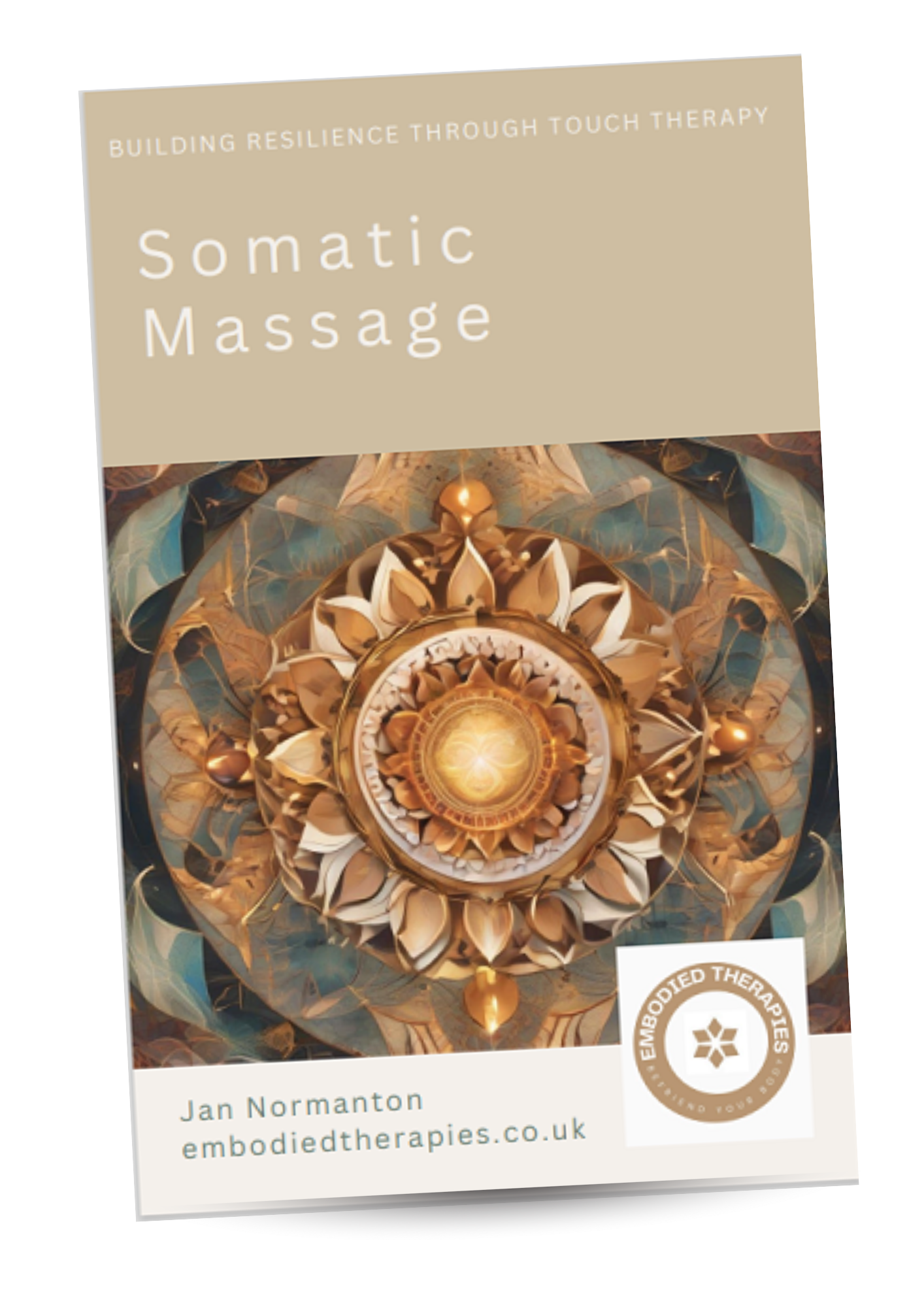Doing too much can be addictive
Overscheduling, even with the good stuff, is still overscheduling; here are some potential drivers for doing too much and worth considering on that hamsterwheel of life.
I see so many clients who are stressed, overwhelmed and overstretched. When discussing their lifestyle, it can become apparent that indeed, they have many commitments, receive little support and lead extremely busy lives.
In listening to the backstories, looking below the daily to do lists and exploring the drivers for these lifestyles and reflecting back to clients what I hear, we can start to unpick and unpack how they might be caught up in a cycle of doing too much and that this in and of itself can have addictive qualities, meaning the cycle might be difficult to break, even despite the inevitable repercussions of stress, overwhelm and lack of time for care of self, fun, joy and other activities and endeavours of meaning.
I’ve often found myself in the same predicament. Overscheduled. Even overscheduled with the ‘good stuff’, to the point the good stuff no longer feels that good!
Some common themes for doing too much and ones that have resonated with me include the following.
Living an outcome focussed life can provide copious opportunities for dopamine release and this can leave us craving to achieve and produce even more and more to feel that pleasure and reward hit; thus creating an addictive cycle, which never gets fully satiated as we seek the next activity for the same high.
Doing too much can provide a form of escapism. The busier we are, the less time, space and capacity we have to deal with potential emotional pain or unresolved issues. Whilst this might provide us with temporary relief from distressing thoughts or issues, this avoidance strategy leads us to do more and more.
Our identity and self worth may be tied up in doing – in our accomplishments, what we produce, our achievements. This pattern of finding our sense of validation and worth through doing becomes a self fulfilling prophecy in that the more we achieve, the more we feel validated only through our outputs; ergo we have no sense of self without doing and we feel we are only as good as our last gig.
Further, without doing, we may feel like a failure, or have a sense that if we stop or do less, we might fall behind or fail our own incredibly high expectations of ourselves. This fear can fuel the compulsion to do more as we strive to avoid failing to meet our own standards.
This drive for outcome focussed success takes on an addictive nature as the actual outcomes might feel hollow. It is the pursuit of success that becomes the addiction when the achievement fails to deliver on the actual underlying yearning or need of a sense of internal validation, purpose or meaning.
Over time, overdoing can simply become a way of life, a habit and routine that feels difficult to break. The structure and predictability can offer a sense of safety and comfort, where change then becomes challenging.
It is worth noting that doing too much seems to have become a socially acceptable, even celebrated way of life. Wearing stress like a badge of honour has become commonplace and glorified. Equally in the face of social media, we may feel pressured to keep up with others and get caught up in the relentless trap of comparisonitis.
Finding our place, a sense of ourselves and staying true to ourselves whilst keeping grounded can feel challenging amidst the onslaught of societal norms and expectations and exposure to social media and live streaming news, never mind navigating our daily lives.
Applying awareness on a regular basis to the signs and signals of doing too much is a good starting point to seeking to bring in a healthier balance between productivity and doing too much. Taking a deeper dive as to potential underlying drivers of overdoing life is equally valid in getting to know ourselves better and finding our own unique and personal pace of life to living a healthier and more harmonious life.
Learn all about Somatic Massage and how it can help you by joining my Embodied Therapies Community today and receive this e-book totally free
Contact Us
Thank You! Please click the link to download your Free E Book
Please try again later.

Let's connect
Contact me
I am based in Standish near Wigan, WN6



